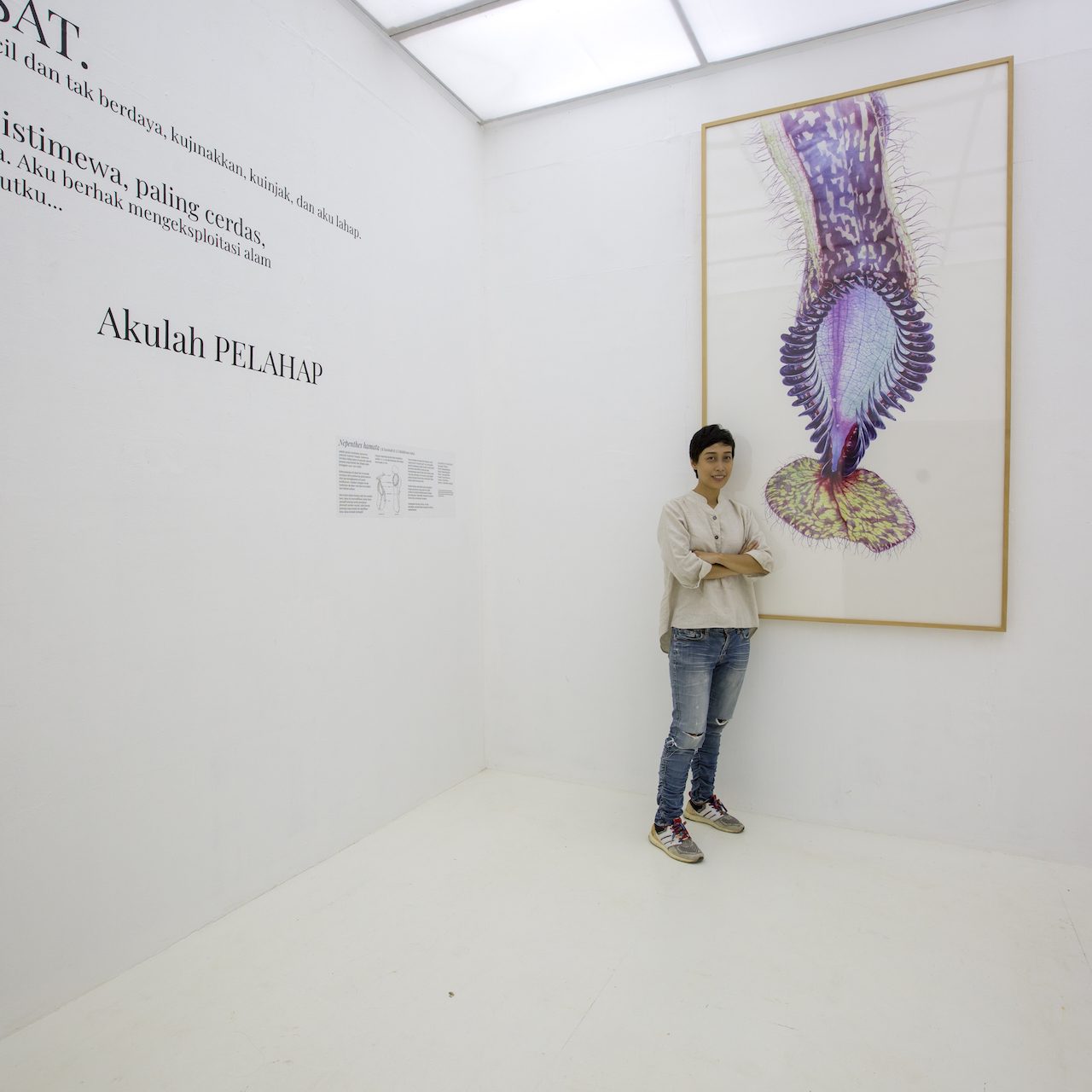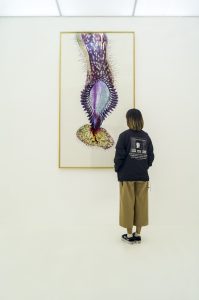Eunike Nugroho (Indonesia-Yogyakarta)
Eunike Nugroho is an artist and botanical watercolor illustrator who studied at the Faculty of Visual Communication Design (DKV) in Sebelas Maret University (UNS) Surakarta, until she moved and resides in Yogyakarta. She is a member of the Society of Botanical Artists (SBA) and the founder of the Indonesian Society of Botanical Artists (IDSBA). Her interest in botanical art developed after several lengthy meetings with the botanical communities in England.
Upon her return to Yogyakarta, she was moved to start documenting the variety of native Indonesian flora. She believed that this country has a bounty of flora diversity but sadly, improperly documented. Eunike often collaborates with clients around the world to present botanical art to wider audiences. Some of her works were published as springtime series edition stamps by Canada Post’s 2018 series, book covers by Penguin Random House, Penguin Press, Harlequin, Rowohlt Verlag, illustrated articles by Süddeutsche Zeitung Magazin, Technologist scientific magazine, National Geographic Indonesia, and several other promotional materials for Shiseido, Avon USA, Codorníu, and more.
Her artworks have been exhibited in England, the United States, Australia, Bulgaria, Russia, Malaysia and several cities in Indonesia, including the Indonesian Contemporary Fine Arts Biennale Exhibition, The National Gallery of Indonesia (2019) and the Southeast Asia Watercolor Exhibition, The National Art Gallery, Malaysia (2020).
“The Devourer” (2021)
Watercolor on paper | 113 x 210 cm
Nepenthes hamata is a carnivorous plant endemic to Sulawesi. It is characterized by sharp, downward, hooked peristome teeth and a dark pitcher with red spots or purple patterns, giving the impression of a scary predator. This plant is protected because the number in its natural habitat is decreasing.
Through botanical art techniques, Eunike presented enormous Nepenthes hamata. She tried to give the plant a voice as its existence has been rarely heard of. She wanted to present the idea of position exchange; how the threatened becomes the one threatening. Such a reversal of positions constitutes a criticism towards humans’ selfishness which make them think that they are the center of the universe and thus entitled to use everything for their own end. This greed will eventually mess with the balance of the ecosystem and change the course of tradition wherein the sustainability of nature serves a vital role in human culture.


